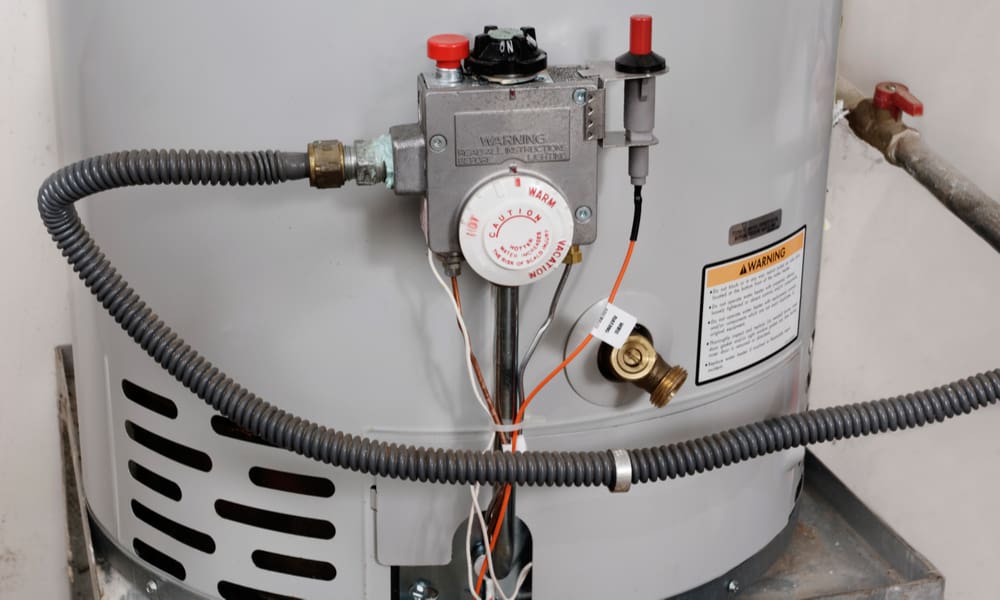The consequences of a water heater leak in a house are frequently fairly severe. Water damage destroys flooring, walls, and priceless things if the leak spews water for a protracted period of time. Leaks need to be fixed immediately, but sometimes homeowners are unsure of their origin or cause. But having this knowledge helps homeowners save time and money. Fortunately, leaks can be quickly located if you know where to look.
For the best water heater repair cambridge, contact Eco Pro Plumbing. We are one of the best cambridge plumbing service.
What causes leaks in Water Heaters?
A few variables affect the causes of leaks from water heaters. Sometimes issues are minor, making them simple for homeowners to handle independently. Other issues, meanwhile, are significant enough to call for a brand-new water heater. In general, calling a plumber to help you diagnose problems is a smart idea so you can be sure the right course of action is taken.
The most frequent causes of water heater leaks are listed below.
- Old Tank
Water heaters with a tank design that are more than 15 years old leak more frequently than newer heaters. The parts deteriorate with time, the water doesn’t retain its heat as effectively, and leaks happen more frequently. Sometimes rust builds up in the tank of an old water heater, causing leaks to develop. Corrosion results from this, which enables water to escape through fractures. The only option is to replace the water heater after it has reached the end of its useful life.
- Drain Valve
The drain valve is used by plumbers and homeowners to empty the tank during service calls and repairs. The drain valve is also used by homeowners to clean the tank. Over time, this valve becomes looser, allowing water to pour through. But leaks coming from the valve’s base show that the part isn’t waterproof. A new drain valve is required in this situation. Fortunately, homeowners can complete this replacement, but it does good to consult a plumber before acting.
- Excessive Pressure
Water heaters deal with the natural water pressure that comes with plumbing fixtures. In water heaters, pressure develops as a result of the hot water’s creation of steam, which fills the empty space. The pressure increases when there is nowhere for this steam to go. Any heater fracture allows water to leak through, relieving part of the pressure. The heater pressure rises when the water temperature is set too high or when water enters the system under high pressure.
- Defective Pressure and Temperature Relief Valve
The temperature and pressure relief valve, or T&P valve, is another factor in water heater leaks. This valve aids in decompressing the tank’s internal pressure. The pressure inside the tank rises while this valve is inoperative. Sometimes, the valve is merely loose and requires tightening. But if the component is broken, a new one must be purchased. Prior to addressing T&P valve problems, lower the tank’s pressure.
- Connections for the Outlets and Inlets
In a water heater, the input connection receives cold water and the outlet connection sends hot water out. Your water fittings can now receive hot water thanks to these connections. These get looser and start to leak over time. Other problems with the inlet and outlet connection are quite uncommon.
- Internal Tank
Tank water heaters finish their processes using two shells. The water-holding interior shell is insulated by the external shell. Both shells are covered by a final layer of metal. Water heater interior shell leaks are difficult to detect but typically result from wear and tear over time. This kind of leak is not visible from the tank’s exterior.





